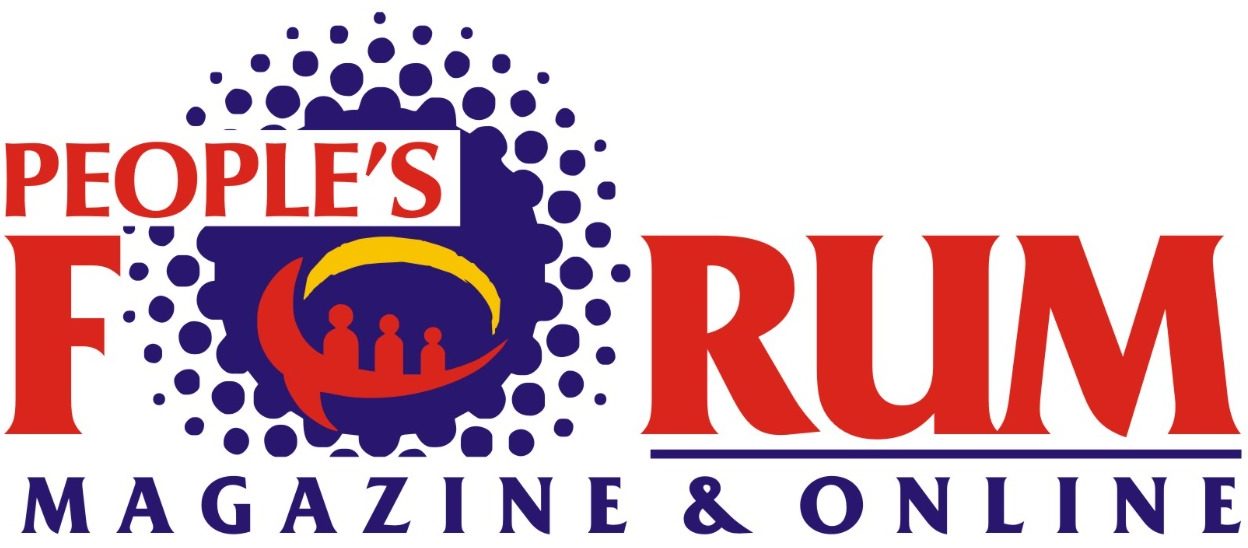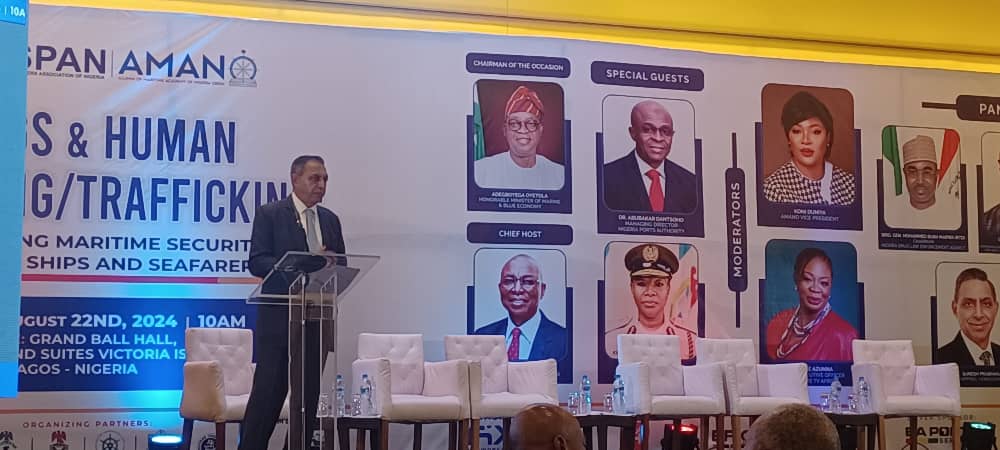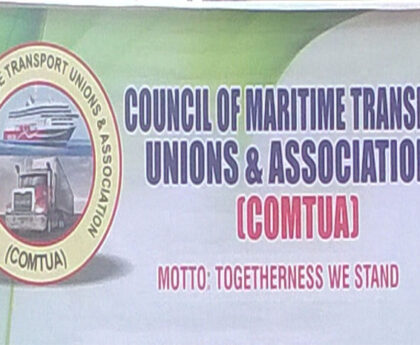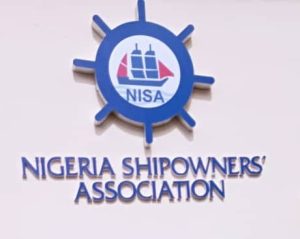The Maritime Security Providers Association of Nigeria (MASPAN) and the Alumni of Maritime Academy of Nigeria Oron (AMANO) have strongly expressed their support for the fight against all forms of trafficking and smuggling of drugs and humans within the maritime corridor.
However, the associations’ wish is to ensure that perpetrators of these crimes are apprehended and fully punished without subjecting the innocent investors in shipping business to unnecessary difficulties that are counterproductive to the growth of shipping.
Making this position known on Thursday at the maritime summit on Drug Smuggling and Human Trafficking by Ship in Lagos, the President of MASPAN, Emmanuel Maiguwa, in his welcome address stressed that the costs to shipowners and even terminal operators in the event of detecting these crimes on vessels are enormous and could affect investment in shipping.
Shedding light on the magnitude of the huge costs of detaining a vessel for such a crime, Maiguwa highlighted the costs that would be incurred if a foreign Supermax (Bulk Career) Vessel gets arrested in a drug incident while on call to Nigeria, gets bailed after a couple of months, and has her crew prosecuted for up to two (2) years before they are discharged by the court.
According to him, the following costs are typically expected for the crew’s legal fees (Nigeria & UK) and OPEX, which can come to about $6 million United States Dollars. With the second- hand market value of such a vessel rallying around $15 million, the $6m will be 40% of the vessel value, which is enough to send a small operator bankrupt.
“This is in addition to possible loss by the port/terminal operator from arrested vessels occupying the facilities before they can secure shifting.”
He also noted that the cost burden of a stowaway incident can vary based on discovery location, the distance the ship has sailed to, the number of the stowaways, the off-hire period to offload, and many other factors. In cases where the ship has reached a foreign destination, repatriation expenses can easily cost hundreds of thousands of US dollars, depending on the time taken to process and return and the stowaways.
He restated that summit aim to ensure that only the perpetrators are punished without having effect on shipping operations.
Maiguwa said that drug smuggling and human trafficking are transnational crimes that exploit both the points of origin and destination and regretted that maritime transport provides the mobility needed to actualise these illicit crimes.
The MASPAN President noted that records from the United Nations Office on Drug and Crime (UNODC) show West Africa is a transit region for narcotics mostly emanating from South America.
“With recent incidents involving merchant ships (excluding cases of drugs concealed in cargo containers) from South America to Nigeria rising to about four (4) within the last two (2) years, this maritime corridor proves to be providing mobility for this illicit activity.
“On the issue of human trafficking, records from Africa Risk Compliance (ARC) show a significant number of incidents where stowaways have been discovered on ships calling Nigerian ports. Take note that these are discovered cases only.
“While we may not present specific records linking stowaways to drug smuggling operations, it is of great concern that drug traffickers could potentially collaborate with stowaway networks. This partnership could lead to a coordinated effort to use stowaways as couriers, moving drugs from West Africa to Europe,” he stated.
He reminded the audience that when the COVID-19 pandemic hit the world in 2020, Shipping was identified as one of the critical sectors to be allowed to operate on the realisation that this industry was required to navigate the world out of the difficult situation it finds itself.
Maiguwa lamented that while shipping was offering itself for service, unfortunately, the Organized Crime (OC)
world saw it as the only means to transport illicit cargo when every other transport sector was shut down. As a result, the OCs developed and improved tactics that enabled them to place large amounts of drugs on ships without the crew’s knowledge, especially in areas where ISPS appeared weak.
“Compliance with International Ship and Port Facility Security (ISPS) Code standards alone does not guarantee a secured port. Aside from the low standard of Port Facility Security Assessments/Plans in Nigeria, the peculiarities of the ecosystem have shown that the ISPS alone cannot secure most port facilities. This is evidenced by cases of stowaways we have been recording in our corridor, as we will see presented shortly by ARC.
“Should Nigeria be fully recognised as a destination with such difficulties in handling
cases of drugs found on ships and poor port-ship access control, the shipping industry is expected to always respond to defend and protect itself with measures. An example is the War Risk Insurance premium, which is a response to risks such as piracy,” he stated.
He announced that the purpose of the gathering was to take proactive steps in safeguarding Nigeria’s maritime interests by making the Nigerian maritime corridor friendly while finding effective ways to fight the menace of drugs and human trafficking effectively and sustainably.
He was optimistic that by the end of the day’s deliberations, the gathering would reach concrete resolutions and establish a working group to ensure the implementation of these decisions.
“If we can achieve this, our efforts today will be deemed a success.
“I trust our esteemed moderators, carefully selected from Women in Maritime (WIMA), will guide us toward these outcomes,” he said with hope.





